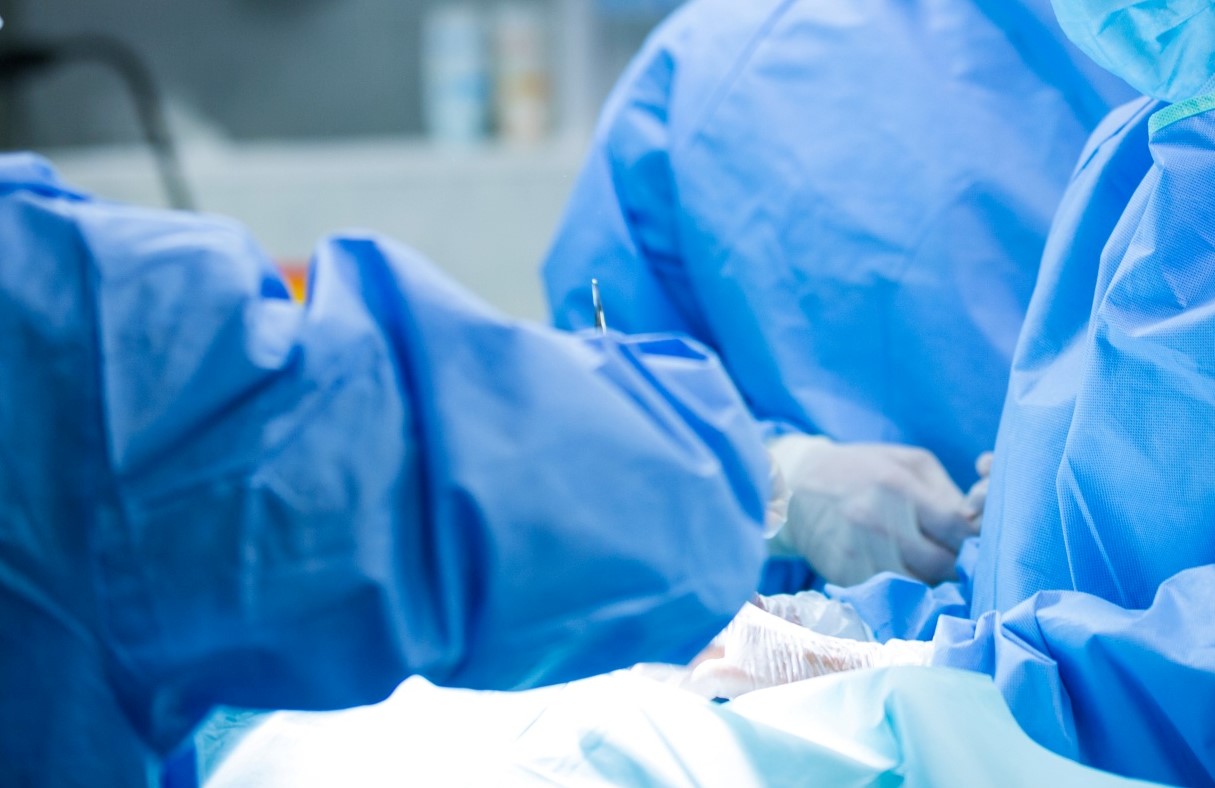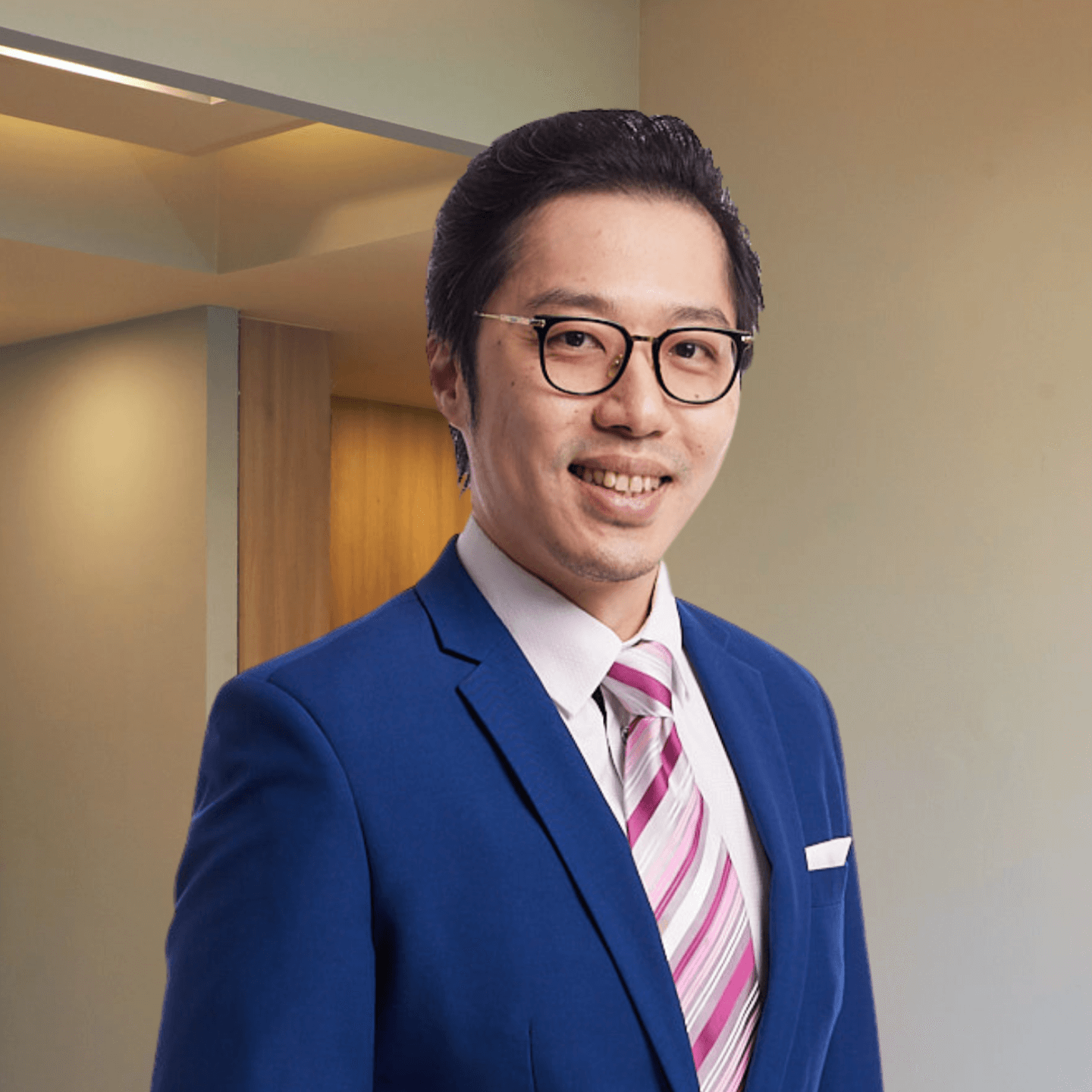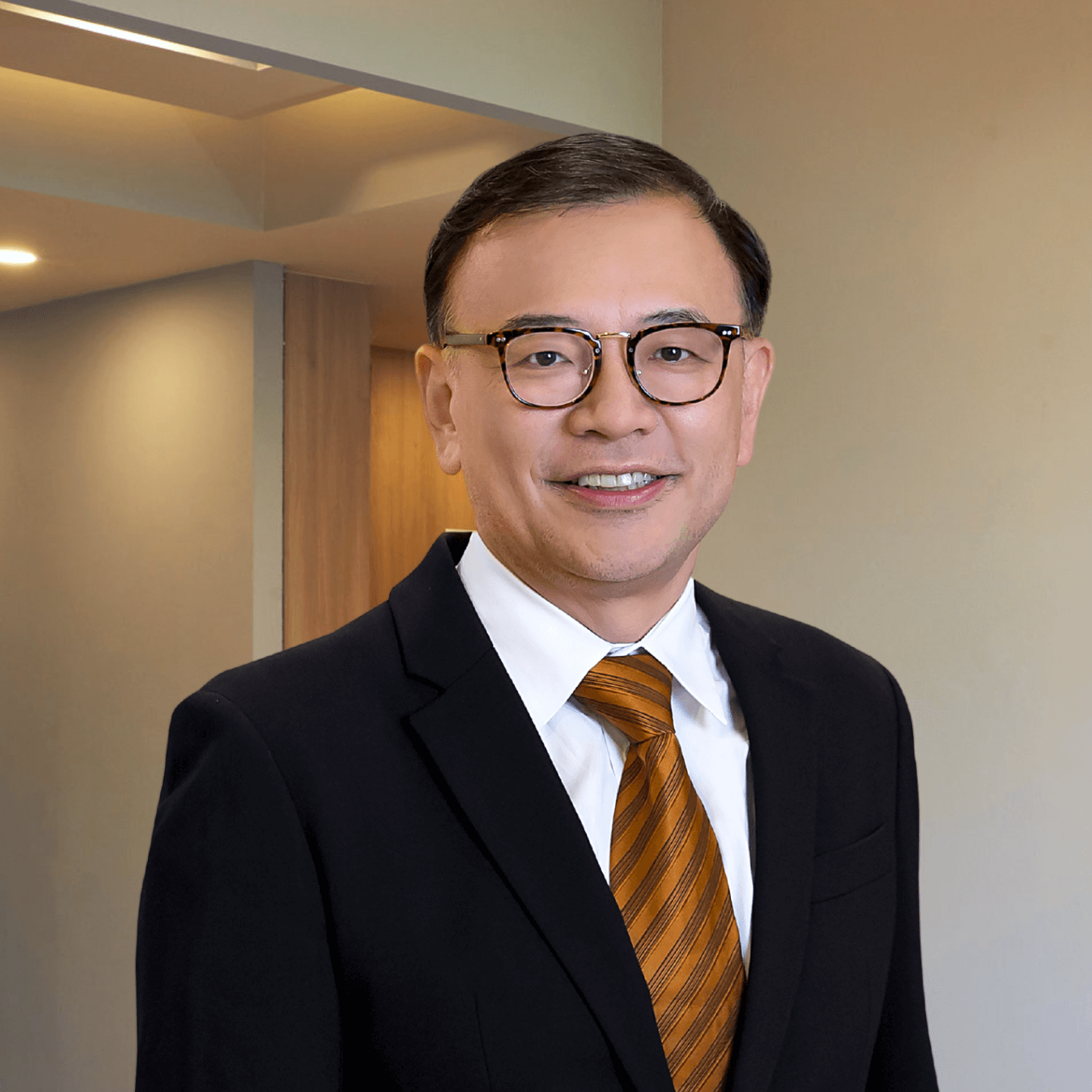Risks & Complications
Like any surgical procedure, laparoscopic colectomy also carries certain risks and potential complications:
- Infection: Despite taking precautions, there’s a possibility of developing an infection at the incision site or within the abdomen.
- Bleeding: Excessive bleeding during or after surgery can occur, although it’s rare.
- Anastomotic leak: This is a complication where the reconnected areas of the colon leak, potentially leading to sepsis.
- Adverse reaction to anaesthesia: Some people may have allergic reactions or other complications related to anaesthesia.




